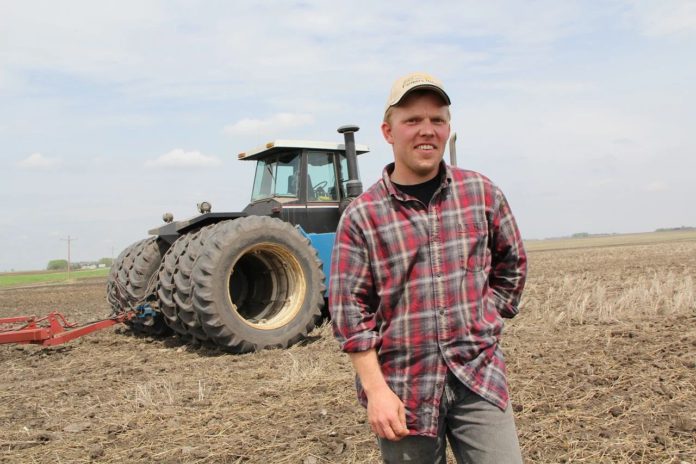Green Cert Placement and Diary
Communication and honesty are “key” to a successful placement for your Green Cert, a recent Teagasc webinar has heard.
One of the state agency’s student, Ellen Doherty, recently presented a virtual event to inform and prepare Level 5 Certificate in Agriculture students for their practical learning period in spring 2023.
Meadhbh Freaney, national placement co-ordinator, told viewers that a placement request form is the first and foremost step to kick-start the process.
She stated that being as honest and detailed as possible is “helpful” for placement officers when matching students with host farmers to make the experience as “worthwhile as possible”.
She urged students to listen to placement officers when discussing various areas of placement.
Students will be spoken to individually and in groups, so it is paramount that they are present for those talks and listen attentively, she added.
Host farmer meeting
She then highlighted that a host farmer meeting is “vital as you get a sense of who the farmer is and where you are going”.
“Iron out the finer details of a starting time, finishing time, pay, allowances and if you have to work extra hours, what you are going to get paid. In that way, there will be no surprise for you or the host farmer when you commence placement.”
“All placement officers would say that the placement with the farmer and the form that is filled out, the better that it is filled out, those placements rarely have trouble or break down.”
“If a placement breaks down, from a student’s point of view, contact the placement officer without delay. Flag with them that you are unhappy and there are some issues, but you must have your reasons as to why it is not good or why it cannot continue.”
“The placement will talk it over with you. You will be asked to finish out that week to enable the placement officer to organise a new placement location for you for the following Monday.”
She confirmed that “the minimum payment allowance is €208 per week, and that allowance is to cover the minimum hours – 35 hours – which is 7 hours, 5 days a week.”
During the webinar, learners were informed that they cannot choose their own placement, as it “should be a challenge for students, offering a new experience, a new environment and new people”.
Student’s tips:
Katie Cooney, who hails from a suckler enterprise in Cavan and is a drystock student at Ballyhaise Agricultural College, also featured in the webinar and provided the following advice for fellow students:
- Remember you are only there for eight weeks as part of your level 5 certificate in agriculture studies;
- Build up a good relationship with your host farmer;
- Get advice from host farmer;
- Ensure you fill out diary every week – do not leave it on the back burner.
As did Jack Corkery, a Level 6 Dairy Herd Management student, at Salesian Agricultural College, Pallaskenry, who does not hail from a farming background:
- Do not be afraid to ask questions – the host farmer was in your position once, so they have no issues assisting you;
- Do not fill in your diary last minute.
Farm diary
Anne-Marie Doheny, placement officer at Gurteen Agricultural College, discussed the farm diary component:
- You do not want to see the same information repeated;
- You want to see finer details – For example, when weighing took place, when cattle were dosed and why;
- You want to see variety – not copying week to week – to see they are getting varied experienced;
- Last pages on reflection – outline what you got out of the farm and the placement. Teagasc needs to know that farmers are putting time into teaching students.
Read a previous article on That’s Farming on part one of completing a practical learning period.





